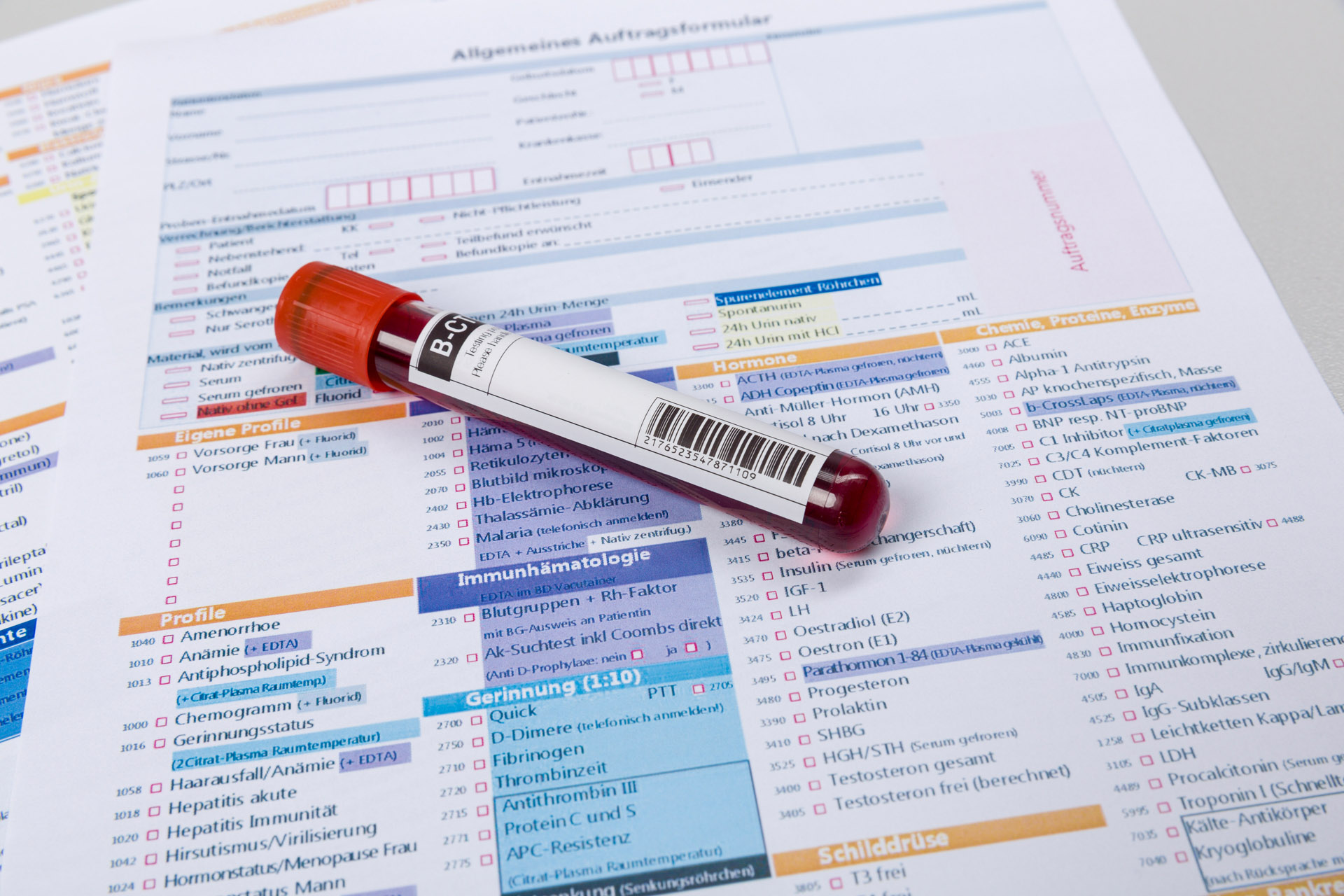Alpha-1 antitrypsin
Alpha-1 antitrypsin is a protein produced in the liver. Its primary function is to inactivate certain enzymes. As part of this, it protects the lungs from developing lung disease, which can be caused by a malfunction of an enzyme called elastase. Elastase breaks down proteins in the body, but when not properly regulated by alpha-1 antitrypsin, it also begins to break down lung tissues. The production of alpha-1 antitrypsin is controlled by a gene called Pi, in which fewer proteins are produced when a mutation occurs. The production of adequate amounts and function of alpha-1 antitrypsin is also influenced by hereditary factors.
What does the test show?
The test will help determine if you have or are likely to develop emphysema, especially if you have a history of hereditary problems with alpha-1 antitrypsin production. The test shows the amount of alpha-1 antitrypsin produced, as well as its type.
In which cases is it recommended to perform the test?
The doctor can order the test in case of infants and children who have had jaundice for a long time.
In adults, the test should be performed in case of various signs of liver disease and lung disease (jaundice, nausea, constantly feeling tired, indigestion, chronic cough, bronchitis).
What sample is needed for the test?
A blood sample taken from a vein is needed for the test.

What can the result indicate?
In case of lower values, emphysema, liver disease and nephrotic syndrome may occur.
Elevated values may indicate acute and chronic inflammatory processes (e.g. inflammation of the thyroid gland) in the body, infection or, in some cases, cancer.
What to do after the test?
The test alone cannot diagnose any disease, and in all cases consult an internist or haematologist to determine the exact diagnosis and required therapy.

